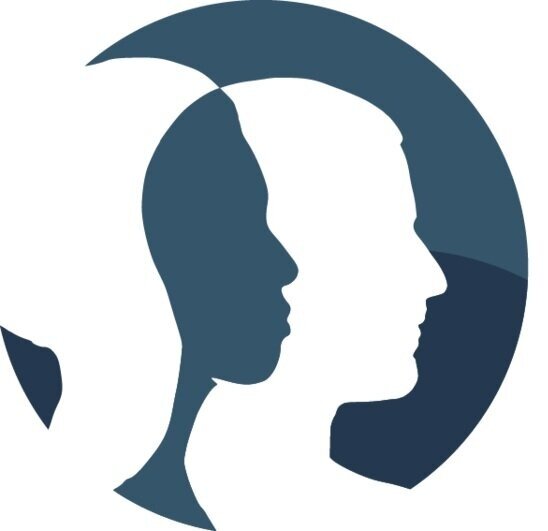Orthodontics and Myofunctional Therapy
When it comes to braces, there is much more an Orthodontist has to look at than just the position of your teeth. There are many other factors that influence the ability to straighten your teeth.
The Tongue
Your tongue plays a major role in the development of your mouth and jaw and shaping the position of your teeth.
Ideally, your tongue should rest high in the roof of your mouth, providing an internal support system for the upper jaw and teeth. When someone has a tongue-thrust, tongue-tie or mouth breathing problem, the tongue rests in the bottom of the mouth and the support system isn't in place. At the same time, the tongue is constantly resting against the front teeth, and every time you swallow, the tongue pushes forward. The lack of internal support, combined with the force of the tongue on the teeth can cause the teeth to move and also alter the proper growth and development of the jaw. This can make it more difficult for your orthodontist to close spaces, and can increase your risk of orthodontic relapse after braces are removed even if retainers are worn.
tongue-thrust appliance
Orthodontics and Appliances
Orthodontists acknowledge that a tongue-thrust can be troublesome when it comes to straightening the teeth and close spaces. There are a wide range of appliances that have been developed to control or "tame" the tongue. Most of these habit appliances are designed to block a tongue-thrust swallow, rather than to modify and correct the low resting tongue and improve the swallowing pattern. After the appliance is removed, the tongue-thrust may still be present.
Orofacial Myofunctional Therapy is the best form of treatment to treat a tongue-thrust permanently, without the use of appliances. Progressive exercises work to retrain the oral and facial muscles to gain control over your tongue and eliminate the tongue-thrust habit. This is a successful form of treatment for children and adults.
Contact me today to discuss how Orofacial Myofunctional Therapy can help before or during orthodontic treatment to eliminate habits, improve results of braces and decrease your chances of orthodontic relapse.


